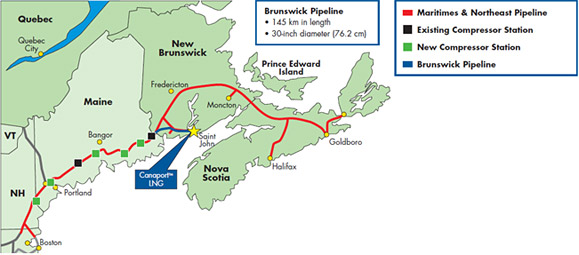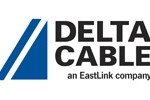While rea ding Edward Tung’s blog about a person he considered to be an entrepreneur, Oprah Winfrey, I felt compelled to respond. Coupled with our readings, Joel Primus, creator of Naked underwear, gave his definition of what he believes to be entrepreneurship. During our class discussion about entrepreneurship, it was evident that people have many different beliefs about what constitutes an entrepreneur. I agree with Edward’s categorization of Winfrey as the epitome of an entrepreneur. Winfrey gives meaning to my outlook, and evidently Edwards as well, on entrepreneurial behavior. Many young people grew up watching Oprah with their families. They watched as her career grew exponentially into what became her television network, OWN, and witnessed all of her philanthropic endeavors. The inspiration she instilled in these young males and females could possibly be attributed to the success of some aspiring entrepreneurs. I feel that this is a crucial characteristic entrepreneurs must embody, the ability to inspire others. While I agree with all other definitions provided, one key component I feel is important is the influence entrepreneurs have on others. A possible reason that the Comm 101 classes were gifted with presentations by various entrepreneurs, could have been to inspire students looking to start companies, or venture on their own path to success.
ding Edward Tung’s blog about a person he considered to be an entrepreneur, Oprah Winfrey, I felt compelled to respond. Coupled with our readings, Joel Primus, creator of Naked underwear, gave his definition of what he believes to be entrepreneurship. During our class discussion about entrepreneurship, it was evident that people have many different beliefs about what constitutes an entrepreneur. I agree with Edward’s categorization of Winfrey as the epitome of an entrepreneur. Winfrey gives meaning to my outlook, and evidently Edwards as well, on entrepreneurial behavior. Many young people grew up watching Oprah with their families. They watched as her career grew exponentially into what became her television network, OWN, and witnessed all of her philanthropic endeavors. The inspiration she instilled in these young males and females could possibly be attributed to the success of some aspiring entrepreneurs. I feel that this is a crucial characteristic entrepreneurs must embody, the ability to inspire others. While I agree with all other definitions provided, one key component I feel is important is the influence entrepreneurs have on others. A possible reason that the Comm 101 classes were gifted with presentations by various entrepreneurs, could have been to inspire students looking to start companies, or venture on their own path to success.
Watch highlights from Oprah’s 25 years of inspiration: watch?v=o5Y9PrQirvA







